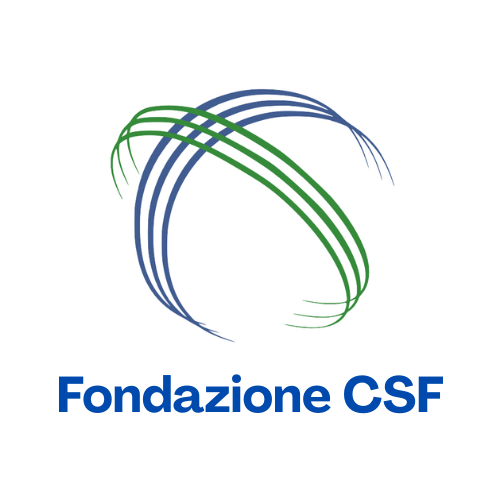A series of global shocks ─ terrorism, the economic and financial crisis, the climate emergency, trade and currency wars, the pandemic, and the aggression against Ukraine ─ have shown both the crisis of the globalisation process and the continuing need for multilateral responses. The international order after the Second World War was based on multilateralism. The weakening of the global role of the US and the emergence of new continental players ─ some with authoritarian regimes ─ have triggered two oppositions: between democratic and autocratic regimes, and between proponents and opponents of multilateralism (which is not synonymous with multipolarity). Meanwhile, the pandemic is pushing towards “selective globalisation”, which for the EU means “strategic autonomy”. In 2023, the CSF will explore some aspects related to the relaunch of multilateralism and the reform of the international monetary system, thanks to its partnership with the Robert Triffin International (RTI).
• The Relaunch of Multilateralism
Multilateralism is the most suitable international order for the EU, which is also based on shared rules and institutions. However, this order is severely tested by the abovementioned crises, which have further highlighted the costs of “ungoverned” globalisation. In a context of growing competitiveness between the various continental areas, aggravated by the shock wave of the Russian invasion of Ukraine, it is a question of identifying key areas where cooperative approaches can be reactivated: from trade to taxation, from the environment to health. In 2023, the CSF could focus above all on the prospects for agreements between “regional” areas (starting with the European Union-African Union Partnership), on the prospects for a “global minimum tax” and – thanks to the driving force of the EU in carbon pricing – on global environmental governance.
• International Monetary System
As regards the international monetary system, the reference partner is the Robert Triffin International (RTI), for which the CSF acts as Secretariat General and Research Centre. Highly influential reports have already been prepared with the RTI on the role of SDRs (Special Drawing Rights), on the new world financial centres and on the problems of global liquidity. The competitiveness between the continental areas and the rise in inflation could lead to further tensions in a context still marked by the hegemony of the US dollar. In 2023, in-depth studies by the CSF and the RTI could focus on the international role of the euro, on the risks and potential of digital currencies, and on the opportunities offered by the new allocation of SDRs ($650 billion) by the International Monetary Fund. The CSF and the RTI have already jointly explored the possibility of an agreement on their use between the EU and the African Union.

 En
En  It
It 


